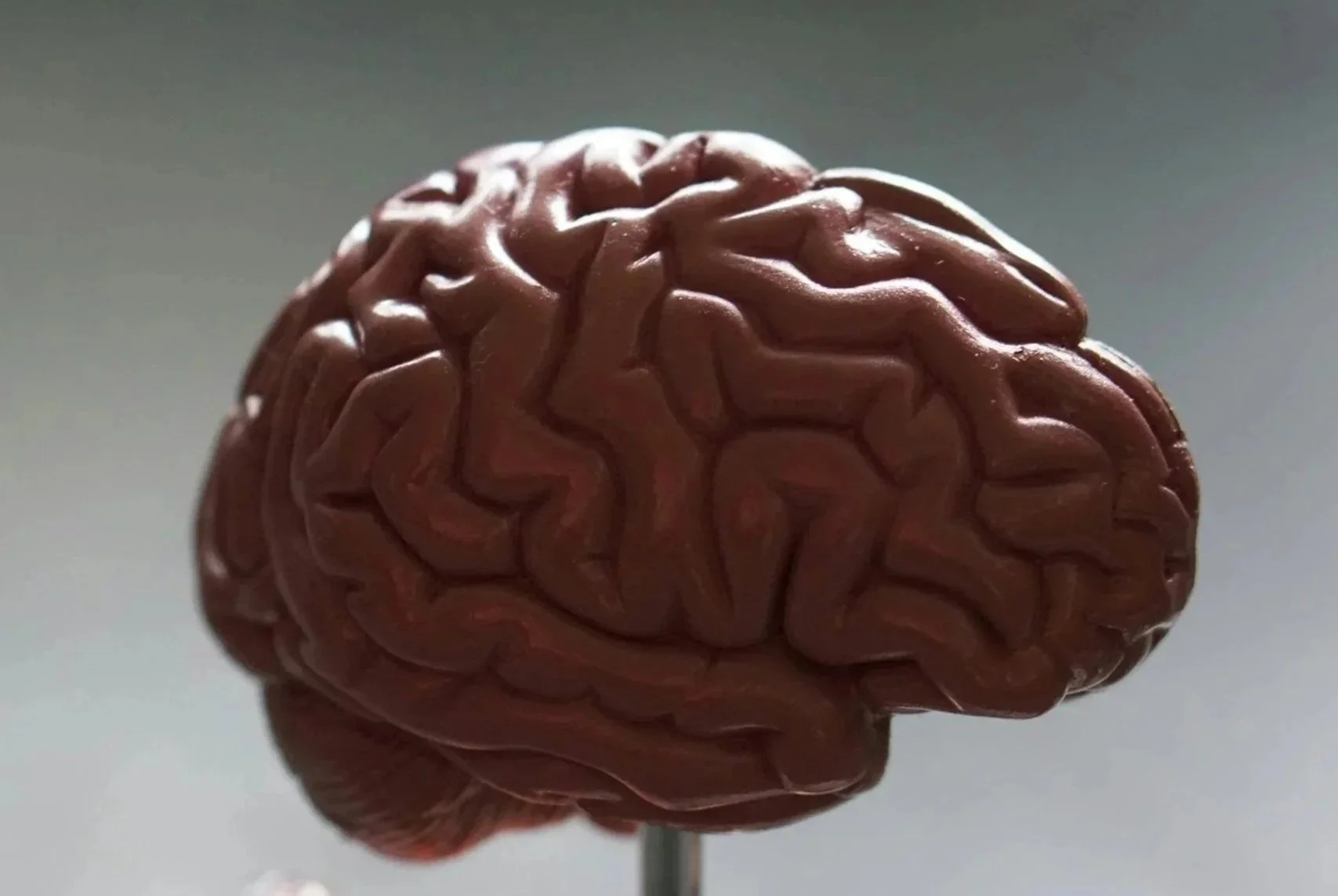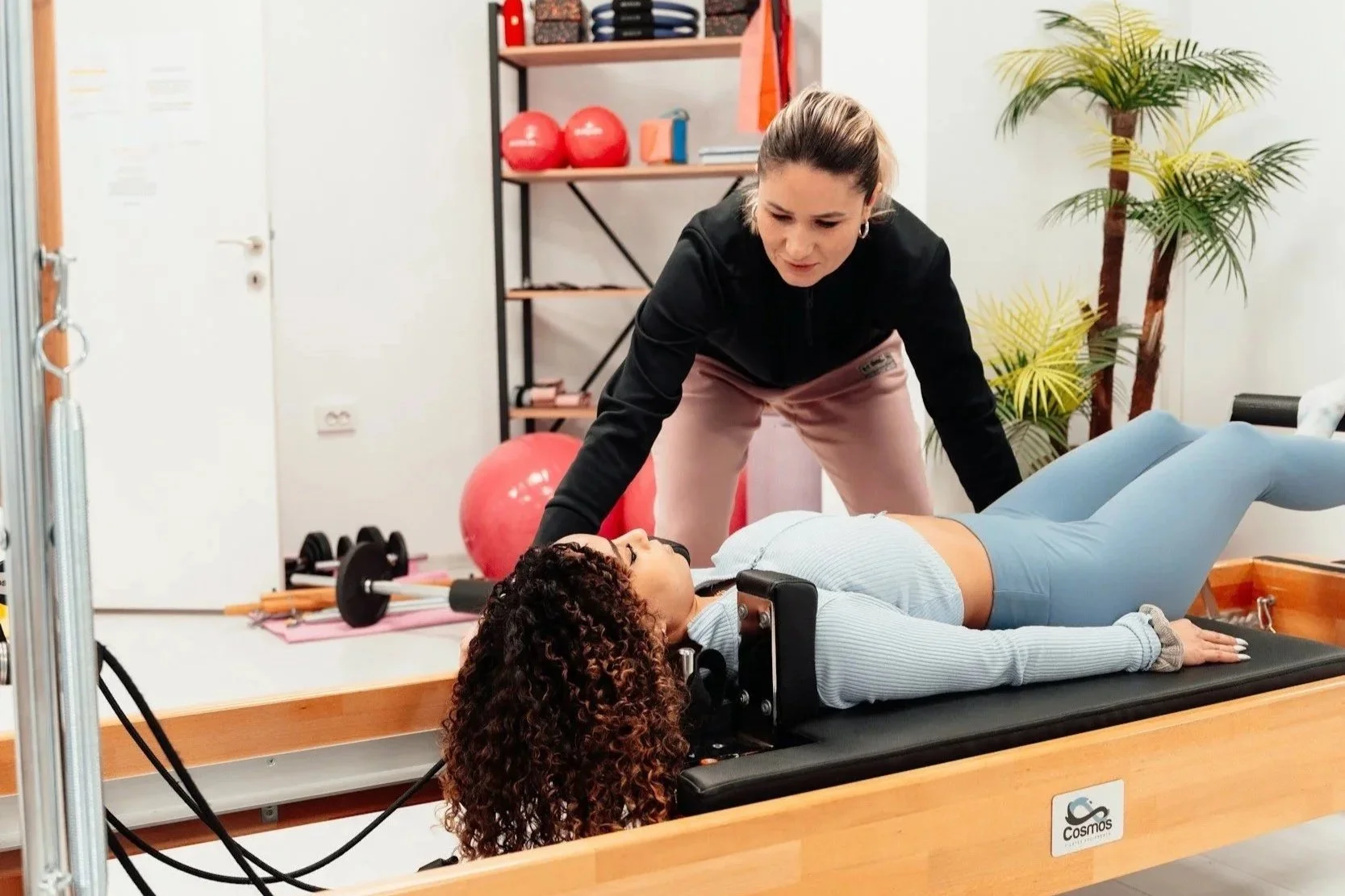Welcome to
NYC NeuroCog
A place where individuals aged preteen-adult learn to overcome cognitive, physical, and behavioral challenges following concussion or acquired brain injury. These changes may have overt or subtle effects on overall well-being, showing up in family, academic, professional, and/or social settings. NYC NeuroCog manages core services and a network of specialists in the evaluation and treatment of somatic symptoms, such as headache, dizziness, sleep difficulties, and visual disorders, as well as psychological or behavioral changes that require neuropsychological assessment, cognitive remediation, counseling, medication management, and support for school or workplace needs. Clinicians use a strengths-based approach to healing, working hard to help patients return to a regular routine as soon as possible after injury. We believe that healing is possible even long after injury, and we work with those who have struggled wth persistent post-concussion symptoms (PPCS) as well.
NYC NeuroCog tailors care to your needs.
Starting with a comprehensive intake, we help you understand your symptoms and design an individualized plan for targeted evaluation and treatment. We may refer you to see a neurologist for headache treatment, a vestibular physical therapist to help with dizziness, a sleep specialist to support you through insomnia, a psychiatrist for medication management or counseling, or another network clinician to identify why you don’t feel the same as you used to. Every patient post-injury presents differently, though there are common symptoms such as these that can be ameliorated with intervention. Early intervention is key to healing.
Following your intake, neuropsychological or educational evaluations may also help guide our approach to treatment for cognitive changes, including memory, attention, problem-solving, or language issues. You may come to us with an assessment from another provider, or a NYC NeuroCog-managed neuropsychologist will administer one.
Treatment may involve individualized cognitive remediation, and a support group may also be recommended, as meeting with others who are experiencing the same challenges is often beneficial. Some people also benefit from psychological counseling for changes in mood and behavior, in addition to ongoing medical management.
-
Neurology
A neurological exam will assess cognitive, physical, emotional, and balance-related symptoms. Guidelines for rest, followed by a gradual return to physical and mental activity, sleep, and hydration, will be established, and targeted medications will be used when appropriate to control headaches, sleep disturbances, neuropathic pain, or mood symptoms.

-
Neuropsychological Evaluation
A complete analysis of cognition, including attention, concentration, visual and verbal long- and short-term memory, language, visual-spatial skill, and executive functioning (reasoning, processing speed, self-regulation, organization and planning) as well as motivation, social-emotional skills and behavior will guide each student’s treatment plan.

-
Cognitive Remediation
Neuropsychological and/or educational evaluations may be used to delineate treatment goals. Tailored visits use strengths to offset challenges. Techniques are designed to teach thinking skills that target attention, concentration, working memory, language, and executive function. Mindfulness meditation may be incorporated.

-
Physical Therapy
Physical therapy following a concussion may be aimed at the vestibular (balance), oculomotor (vision), and autonomic nervous systems. As neck injuries are common with concussions, techniques to relieve neck pain and tension that contribute to headaches and dizziness may be incorporated into a care plan. Research indicates that early engagement in physical therapy can lead to quicker symptom resolution and a faster return to normal activities.

-
Psychiatry
The power of combining modern medicine and psychiatry with holistic healing helps adolescents and adults find their true potential. Mind and body are treated as a single entity by integrating traditional psychiatric medication management with psychotherapy, sleep and nutrition counseling, lifestyle guidance, and lab assessments if indicated.

-
Counseling and Coaching
Emotional and behavioral changes are common in the context of neurocognitive conditions. These may manifest in anxiety, depression, panic disorder, aggression, mood swings, restlessness, or apathy- all of which may be ameliorated with counseling or coaching. Treatment may include Cognitive-Behavioral Therapy (CBT), Acceptance Commitment Therapy (ACT), or other modalities.

-
Family Coaching
Families that are coping with cognitive or behavioral challenges may benefit from the facilitation of better parent-child, sibling, spousal, or significant other connections and cooperation. Using a non-judgmental, supportive approach such as Parent Management Training (PMT) or Couples Therapy, loved ones learn strategies of positive reinforcement that help improve social, academic, work, and daily functioning skills.

-
Tutoring
Some individuals require specific academic or work-based support in addition to or in place of cognitive remediation to ensure optimal performance. Sessions honor individual learning and production styles and incorporate strategies that maximize each individual’s strengths. We aim to increase confidence and performance.

-
School/Workplace Liaison
In addition to providing documentation for accommodations in the school or work setting, we are available to communicate with educators, coaches, supervisors, and co-workers. This level of support helps to expedite the process of recovery, whether through reinforcement of cognitive/behavioral strategies or compensatory techniques.

NYC NeuroCog is a New York State Limited Liability Company (LLC) owned by Dr. Karen Lawson. NYC NeuroCog provides administration and management services for mental healthcare and associated services. It does not provide any healthcare services. All healthcare services described on this website are provided either by Karen Lawson, Ph.D., PLLC, a New York Professional Corporation licensed to practice the profession of Speech-Language Pathology, Dr. Avraham Schweiger, licensed to practice the profession of Neuropsychology, or Dr. Dana Haywood, licensed to practice the profession of Neuropsychology. NYC NeuroCog manages these entities but is otherwise not formally affiliated. Additionally, referrals are made to other healthcare providers, including physicians, therapists, and rehabilitation specialists, all of whom are not managed by NYC NeuroCog.




